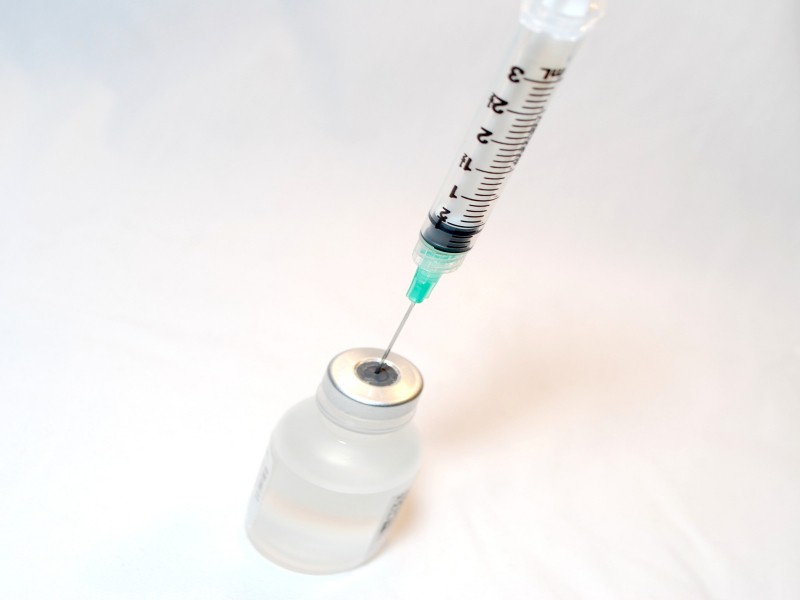INDIANAPOLIS (Inside INdiana Business): The Indiana University School of Medicine in Indianapolis has been selected as one of dozens of sites for a COVID-19 vaccine trial. United Kingdom-based AstraZeneca plc is conducting the Phase III clinical trial of the vaccine, which researchers at Oxford University began developing in January.
The IU School of Medicine is the only site in Indiana to be selected for the trial, and the university says the participants will be a representative sample of the population demographics of Indianapolis.
“Obviously, nothing is going to get back to normal in the world of coronavirus until we have a vaccine and a good vaccine out there,” said Brown. “So being able to put our efforts and bring this into the state of Indiana where I know people are asking questions; people want to be able to participate in vaccine trials. So the fact that we can do this, it is for really the greater good within the state of Indiana.”
The vaccine is known as AZD1222 and is one of only four vaccines in Phase III testing for the prevention of COVID-19 in the U.S., according to IU.
Brown says up to 1,500 volunteer participants will be enrolled within eight weeks when the site is activated next week. The participants must be over the age of 18, must not have had a positive COVID-19 diagnosis, but must be at increased risk for contracting the disease. Conditions for the latter include working in a school, store, warehouse, or healthcare system.
“Throughout this pandemic, our doctors and researchers have been on the front lines, working to treat those suffering from COVID-19 and investigating ways to stop its spread,” Dr. Jay Hess, dean of IU School of Medicine, said in a news release. “Never has that work been more important, and our leadership continues with this crucial study taking place right here in Indianapolis. The Hoosiers who participate will have the chance to be a part of a study that, if successful, could help scientists turn a corner on combating this disease.”
IU says early findings of the vaccine have shown it produces both T cells and antibodies to fight the coronavirus, with the strongest responses being seen in participants who receive two doses.
Brown says AstraZeneca has used the vaccine platform for other diseases in the past and made it specific to coronavirus.
“What we can see from those early phase participants is that it looked to be fairly safe, first of all. Most of the side effects were really mild, the types of side effects that you would expect to see after getting a vaccine (such as) pain at the injection site, some redness, some feeling fatigue and feverish for a few days afterward,” said Brown. “In addition, it also seems to generate a good immune response.”
Brown says the Phase III trial aims to not only find similar results on a larger scale, but also determine if giving the vaccine to a larger number of people will ultimately prevent community spread of the disease.
A total of 30,000 people at 81 sites throughout the country are expected to take part in the study. In Indiana, the university says people from throughout the state are invited to participate, but must be willing to travel to Indianapolis to receive the doses and attend follow-up visits.
IU says volunteers will be compensated for their time and participation.
The ultimate goal is to receive approval from the U.S. Food and Drug Administration. Brown says that will come down to what the FDA accepts as evidence of efficacy.
“Some of the early markers I think we will have are evidence of how the body’s immune response is to being given this virus and how well do individuals produce antibodies to this virus,” said Brown. “Or, is the FDA going to want to see longer-term information about how many cases of patients who received the vaccine go on to get coronavirus versus those who receive a placebo? So I think that’s a great question that the regulators are really going to have to think hard about what type of evidence that they’re going to require.”

